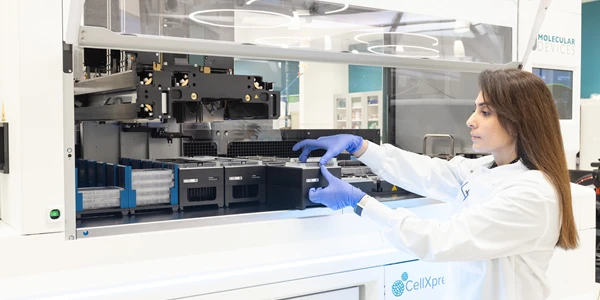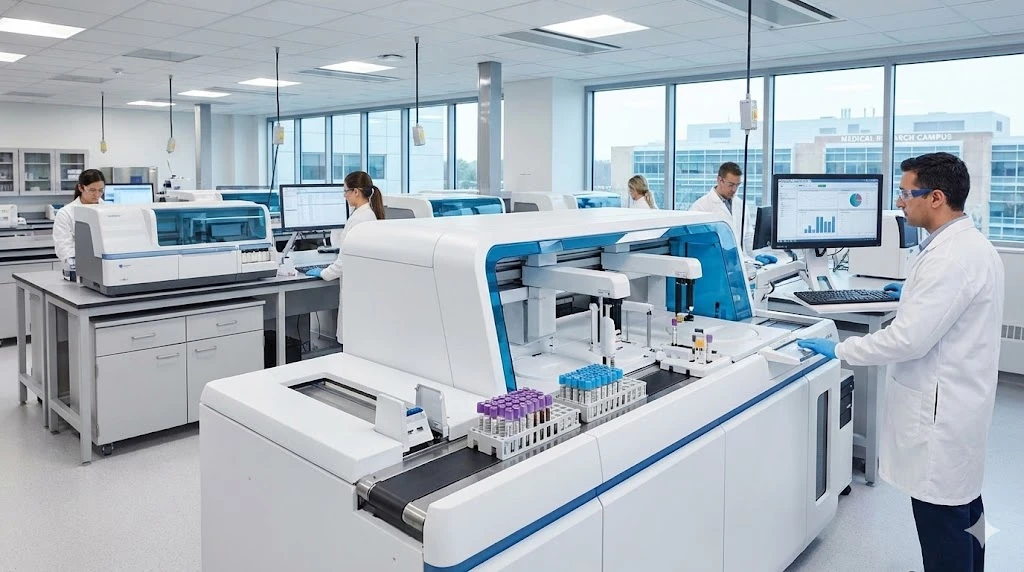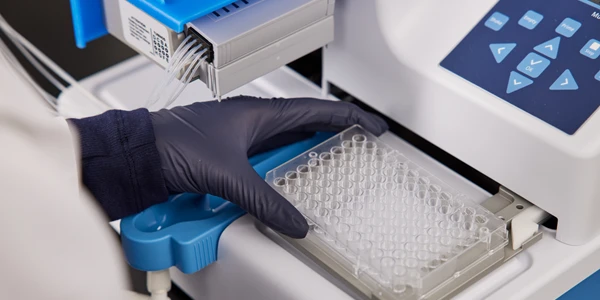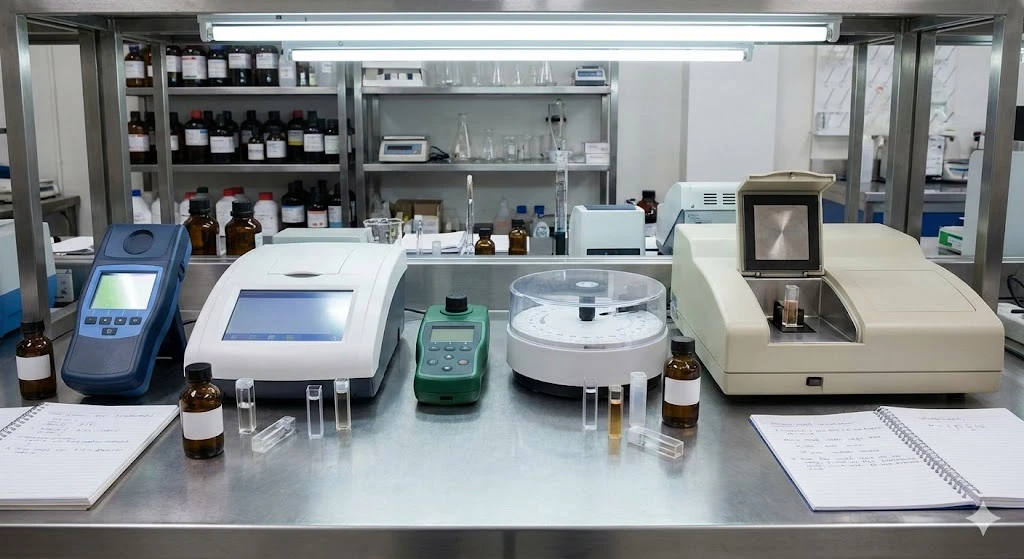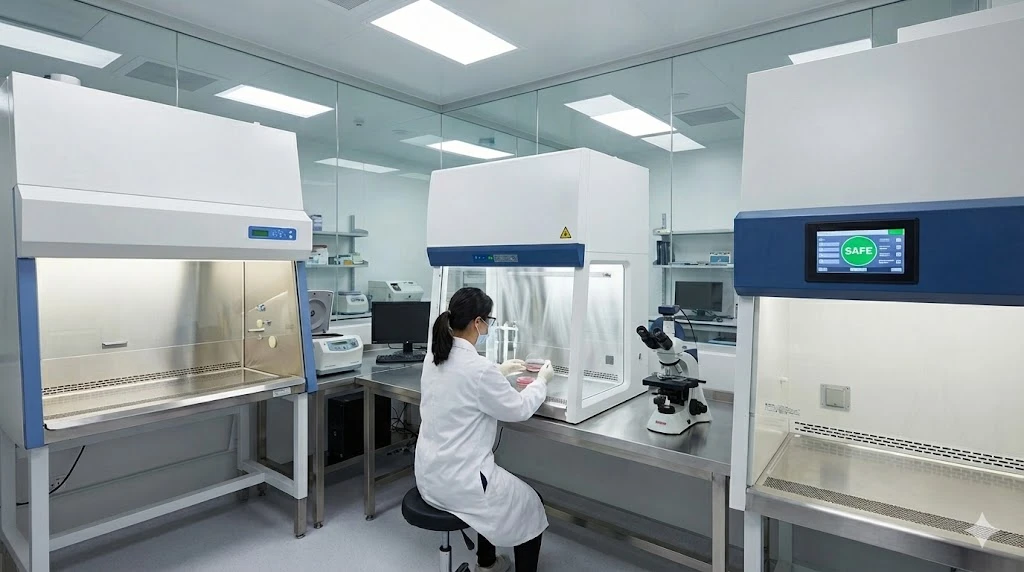Multi-platform Next Generation Sequencing for Cancer Diagnostics: Research Outlook
Next Generation Sequencing
As a technology, NGS has had profound influence on modern genomics, diagnostics, and disease research. One need look no further than the broadly important and challenging field of cancer biology to appreciate the depth and range of research tools developed to understand the genetic causes, as well as the progression, of this deadly disease. NGS technologies are constantly advancing the boundaries of what researchers understand and how therapies can be designed to fight cancer and other devastating diseases. Here we take a moment to review a recent study which combines multi-platform NGS strategies towards pediatric cancer diagnosis.
Rusch et al. (2018). Clinical Cancer Genomic Profiling by Three-Platform Sequencing of Whole Genome, Whole Exome and Transcriptome. Nature Communications. 9:3962. DOI: 10.1038/s41467-018-06485-7.
The genetic etiology of cancer
Cancer is complex and involves specific risk factors in the form of oncogenes, gene variations, signalling mutations, and many other elements. These can define both the type of cancer, as well as the tissue affected and the severity of disease progression.
Pediatric cancers, such as pediatric leukemia, require extensive clinical workups which include tests for relevant biomarkers, risk stratification, and targeted therapy for somatic and germline mutations. The workflows for these procedures are complex, are resource intensive, and can be burdensome to patients due to the invasiveness and the timelines required.
Several NGS technologies have been extremely productive in cancer diagnostics. Whole Exome Sequencing (WES) and targeted gene panels have been used to identify pathogenic sequence mutations including single nucleotide variations (SNVs) and small insertion-deletions in both adult and pediatric cancer studies. RNA transcriptome sequencing (RNA-seq) has proven useful for gene fusions and outlier expression.
These NGS approaches have enabled interrogation of large numbers of genetic loci within clinically-relevant timeframes. Another approach - Whole Genome Sequencing (WGS) - is regarded as the most comprehensive NGS platform for cancer genome profiling. The technique is challenged, however, by extended turnaround times of > 100 days due to mandatory CLIA-lab secondary validation of results.
Multi-platform Next Generation Sequencing
The authors of the current study hypothesized that a multi-platform NGS test – combining WGS, WES, and RNA-Seq – would improve the accuracy of detection and the comprehensive characterization of mutations implicit in cancer diagnosis, within a significantly improved clinical timeline. To test this, the researchers performed combined WGS and WES investigations on paired tumor and normal samples, along with RNA-Seq on tumor samples alone, in a CLIA-certified, CAP-accredited laboratory.
The results demonstrated that the three-NGS platform test achieves both high sensitivity of 98% of known genetic variants, and >90% positive predictive value (PPV) for somatic SNVs, INDELs, and structural variations. These results contrast from WES and RNA-Seq combined testing alone – the current gold standard for precision oncology – which achieved 78% pathogenic variant detection.
The study indicates that combined testing using the NGS platforms WGS, WES, and RNA-Seq achieves significantly improved diagnostic accuracy in tumor genetic characterization over conventional tests. Perhaps more importantly, the combined test produces these improved metrics within a significantly shortened clinically relevant timeline. Cross-validation using this multi-platform NGS analysis can potentially lead to faster progression of preliminary pathogenic classification, en route to expert review and diagnosis.
The cancer field is witnessing great leaps in research innovation
The 2018 Nobel Prize in Medicine was awarded to James Allison and Tasuku Honjo, who together pioneered the novel and powerful “immune checkpoint blockade” treatment – in essence helping to forge the new era of cancer immunotherapy.
Advancements in cancer diagnostics
Diagnostics are vital in identifying and characterizing the genetic profiles of tumors, critically important considering the accelerated rate of growth and progression of many cancer types. Strategies towards harnessing the diagnostic power of NGS technologies in combined approaches may continue to improve the speed, accuracy, and quality of results. In turn, these strategies may ultimately improve the outcome for millions of pediatric and adult patients struggling with this devastating disease.


